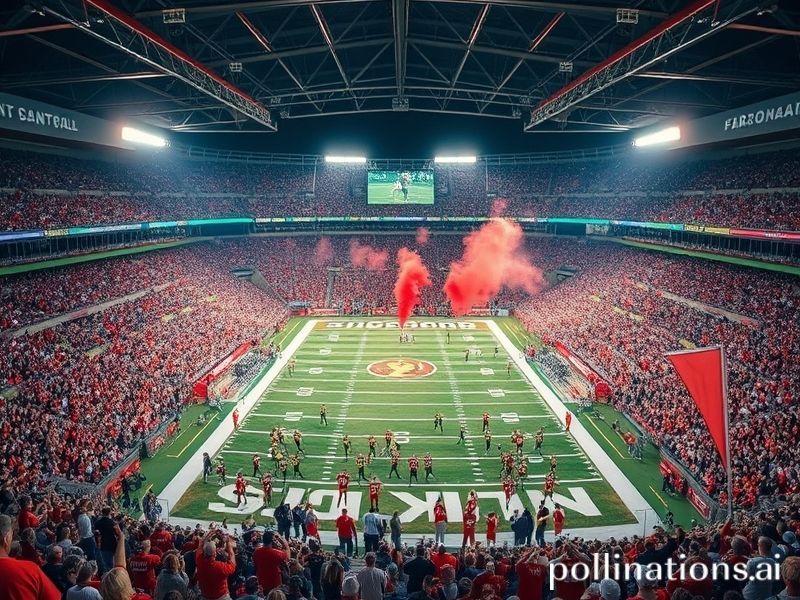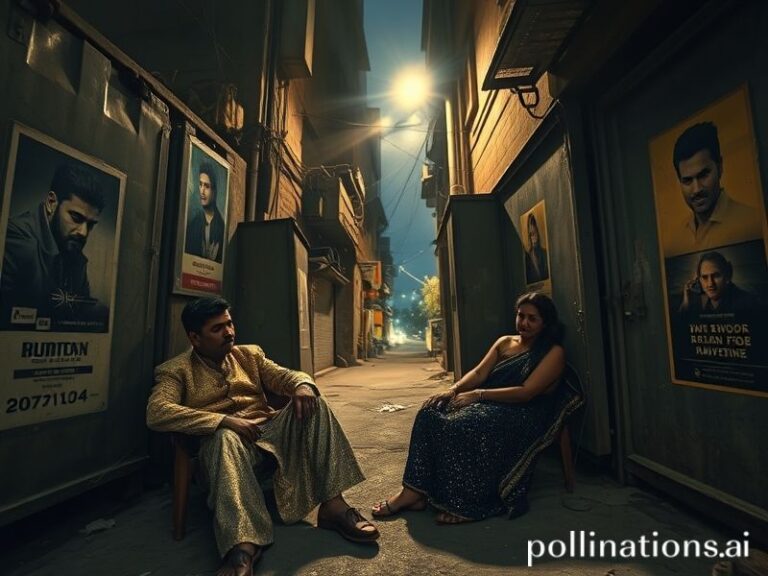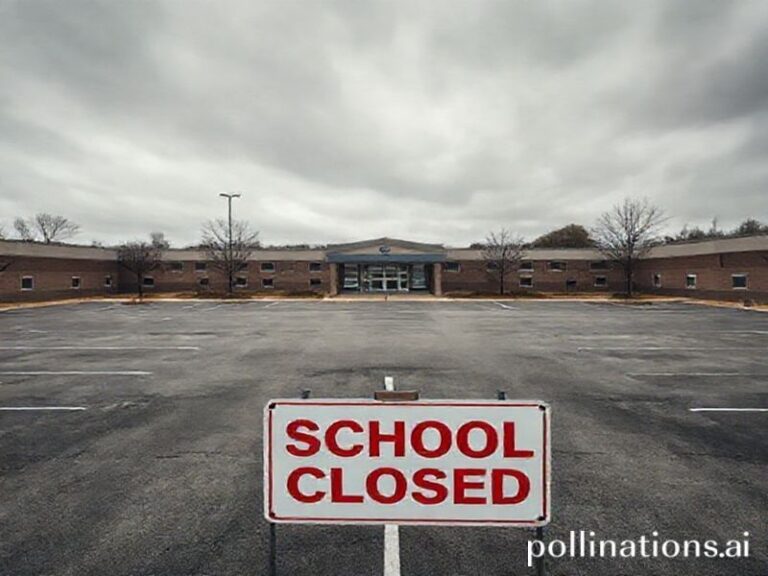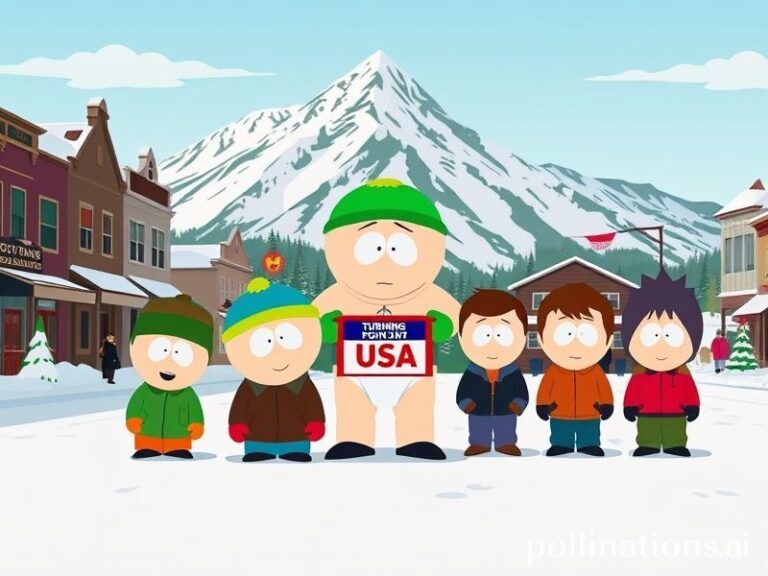Frozen Feud on the Prairie: How a Dakota Football Game Explains the World’s Cold Wars
South Dakota vs. North Dakota: A Cold-War Rehearsal on the Frozen Prairie
By Diego “Frostbite” Valdez, Senior Cynic-at-Large
From the vantage of Ulaanbaatar—or, frankly, anywhere with functioning central heating—watching South Dakota and North Dakota square off feels like witnessing two identical twins argue over whose freckles are more symmetrical. Yet, in the grand theatre of 2024, even this prairie sibling rivalry carries the faint echo of larger geopolitics, like the smell of diesel in a Siberian winter.
The ostensible casus belli is, of course, a football game: the FCS semifinal between South Dakota State’s Jackrabbits and North Dakota State’s Bison. ESPN International will beam the spectacle to 190 countries, sandwiched between highlights of drone strikes in the Red Sea and an influencer’s unboxing of artisanal oxygen. In Dakar, a taxi driver will glance up, shrug, and ask his passenger if either state has oil. The passenger will reply, “Only corn futures,” and they’ll both laugh the hollow laugh of men who’ve seen commodity prices swing harder than any linebacker.
To the global observer, the matchup offers a tidy allegory for our fractured era. Like NATO, the two Dakotas share a border, a climate, and an existential fear of being confused with one another. Unlike NATO, their annual clash is settled by 300-pound linemen rather than 300-page communiqués—arguably a more honest form of diplomacy. The winner earns the right to claim moral superiority until the next harvest, a tradition that mirrors how great powers declare victory in wars they can’t possibly finish.
The international stakes, while microscopic, are not zero. China’s Ministry of Agriculture reportedly streams the game to train negotiators in Midwestern body language. (“Watch how the Bison tight end slaps his teammate—this is how Americans express trust.”) Meanwhile, the European Commission has quietly funded a think-tank paper titled “Pastoral Masculinity as Soft Power: A Case Study in Dakota Brand Identity.” Its conclusion: subsidize butter, not bombs, because cholesterol is slower but still lethal.
One cannot ignore the climate angle. Both states endured a November so brutal it made Siberian wolves file for asylum. Yet 19,000 spectators will still cram into Fargo’s Fargodome, proving that Homo sapiens will risk frostbite for the chance to chant “Go Bison” in unison—an anthropological datapoint as illuminating as any COP28 sidebar. Somewhere in the Hague, a junior diplomat drafts a memo: “Consider exporting this ritualized hypothermia to boost EU solidarity.”
For the bookmakers in Macau, the line is less about point spreads than existential wagers: Will the game end before global food shortages spark riots? They set the over-under at civilization collapse by halftime, then quietly hedge by buying farmland in Saskatchewan.
And what of the players themselves? These are not the blue-chip gladiators of SEC country but sons of soil-toughened families who measure distance in hours of tractor time. Their NFL prospects hover between slim and snowball-in-hell, yet for 60 minutes they will embody the last reliable narrative Americans agree on: that merit still matters, that effort is sacred, that a frozen field can still level everything. It’s a quaint notion, like believing your vote counts or that airlines schedule flights for passenger convenience.
When the final whistle blows, the winning side will storm the field as if they’d brokered peace in the Middle East, while the losers trudge toward the locker room, rehearsing the universal language of gracious defeat. Within 24 hours, both teams will be forgotten by everyone except their mothers and the algorithm that recommends “You might also like goat-roping highlights.”
But somewhere in the back row of the Fargodome, an exchange student from Lagos will pocket a foam finger and think, “So this is how empires end—not with a bang, but with a tailgate.” And in that moment, the global import of South Dakota vs. North Dakota snaps into focus: a reminder that the human race will always find new, increasingly absurd ways to divide itself into Us and Them, preferably with nacho cheese.
Conclusion: In the grand ledger of planetary affairs, the game registers somewhere between a sneeze and a solar flare. Yet its very insignificance is instructive. While the rest of the world stockpiles resentment like canned beans, the Dakotas ritualize theirs into four quarters, shake hands, and schedule next year’s rematch. Call it naïve, call it delusional—just don’t call it irrelevant. After all, if humanity is going to bicker, better it be over a football than a fallout shelter.







